This article first appeared on the WeChat public number: the heart of the stone. The content of the article belongs to the author's personal opinion and does not represent the position of Hexun.com. Investors should act accordingly, at their own risk. Installing the car with an operating system instead of Android Auto and Apple CarPlay to project the contents of the phone to the car display, so that the car really has its own smart brain, this is AliOS's solution for the car IoT. With AliOS open source, almost all products that require intelligent networking, such as home appliances, smart devices, and TVs, can be completed with AliOS. So why does Alibaba want to build AliOS? What are the advantages of AliOS compared to other IoT operating systems? The operating system is the brain of the Internet of Things terminal. For the Internet of Things, many readers may be unfamiliar. The heart of the stone (public name panshizhixin18) explains the Internet of Things through a metaphor. If the Internet of Things is like a person, then the "sensor" is the senses of the human eye, nose, ears, skin, etc., used to obtain information; the "network" is the human nervous system, used to transmit information; and the "operating system" At the bottom, it is the human brain that classifies, processes, and outputs the received information. As we all know, in the PC era, Windows systems dominated the world through the "desktop + file" model. In the era of mobile phones, iOS and Android opened up the current smartphone model through "Desktop + App". But in the IoT era, devices that require an operating system cannot be standardized like PCs and mobile phones. They may be large blocks such as cars, home appliances, and speakers, or they may be buttons, wallets, door locks, curtains, and the like. This also means that neither the PC nor the mobile operating system can be used in the IoT era. Although the IoT operating system has been in development for many years, a large number of vendors are offering products. But that is the system of the era of non-intelligent networking, which is backward both today and in the future. This era requires a new Internet of Things operating system, which also means new opportunities. At present, not only AliOS, Microsoft released Windows 10 for IoT for IoT terminals, Google released Brillo, chip maker ARM released Mbed OS, Huawei released lite OS... In addition to these well-known well-known vendors, there are OpenWrt and Ostro Linux. , Raspbian, uClinux, etc. It is reported that the 5G network will be commercialized in 2020, and now it is the eve of the Internet of Things blowout. Whether it is Alibaba, Microsoft, Google, Huawei, they have taken a fancy to this huge market opportunity worth billions. Grab the "brain" of IoT devices, hope to become the next Windows, Android, ios, perhaps the common goal of embedded operating system companies. However, due to the "fragmentation" of IoT devices, it is not easy to achieve the same unification of PCs and mobile OSs. The core competitiveness of the IoT operating system is applications and services. Real-time kernels, low-power engines, connectivity protocols, security capabilities, developability, and scalability are the foundations of an excellent IoT operating system. In recent years, emerging IoT systems have basically had these basic capabilities. But with these basic capabilities, it's not enough to make devices smart and networkable. Because in the era of the Internet of Things, users use these smart terminals for the purpose of acquiring applications and services. IoT terminal companies also hope to realize new business models and new profit directions through applications and services. Therefore, for IoT operating systems, the ability to provide applications and services is a core competency. In the PC era, Windows operating systems and PCs were sold to users, which did not help PC companies to open up new business models. In the era of mobile phones, Android has made great progress, allowing mobile phone companies to use built-in browsers, electronic markets, Mobile games and other means to obtain revenue outside the hardware. In the Internet of Things era, operating systems need to be empowered to provide IoT terminal manufacturers with a better experience and expand new business models. Figure: SAIC Roewe RX5 with AliOS For example, in the SAIC car equipped with AliOS, the user tells the car to go to the cinema to watch the movie, and then pays through Alipay, the system will automatically plan the route to the cinema and the dining place and parking lot before the movie. If the owner wants to travel by car, the car will also help to plan the self-driving route, choose the hotel, parking lot, etc., which are all automatically completed by the system. Figure: SAIC Roewe RX5 with AliOS This means that in the use of cars, AliOS provides car users with services and experiences that ordinary cars do not have, which means that car companies can explore business opportunities in various usage scenarios. In addition to cars, any device that will be connected to the Internet, such as home appliances, home products, and urban transportation, can generate countless usage scenarios. And to do the services and experiences under these scenarios, only the Internet of Things operating system can not be achieved, which requires the cooperation of cloud computing, maps, entertainment, voice recognition, mobile payment, and life services. Figure: SAIC Roewe RX5 with AliOS Traditional IoT operating system vendors do not have these capabilities. Although Google has some similar capabilities, it has less thought and practice on application and service scenarios. Platformization and empowerment thinking are the strengths of Alibaba. In the existing business of e-commerce platform, new retail, etc., the thinking of “energy†has already been fully applied. Therefore, this platformization and empowerment thinking is used in the Internet of Things operating system. AliOS is a smart car, and SAIC Smart Car is a successful case. We see a big screen at the front end of the smart car, while the back end is a huge industrial chain such as Alibaba Cloud Computing, Gaode Map, Youku and Ali Music, Speech Recognition Technology, ET Artificial Intelligence, Alipay, Taobao Travel, and Word of Mouth. Full support. At present, in addition to AliOS implanted in the Auto Group and the Shenlong Auto, Alibaba has a lot of business in the automotive field. For example, Alibaba Cloud and Changan Automobile 000625, shares, Geely Automobile and other companies have established strategic partnerships to jointly develop the Internet of Vehicles. Although these companies have not yet cooperated with AliOS, according to the current trend of Internet and intelligentization of the automotive industry, these auto companies that have established in-depth cooperation with Ali Department are likely to cooperate with AliOS in the future, in the next 3-5 years. The development of smart cars is worth looking forward to. In summary, the core competitiveness of the Internet of Things operating system lies in applications and services. Alibaba's huge business landscape in cloud computing, artificial intelligence, big data, entertainment, finance, etc. will become important for “energy†partners. Resources also make AliOS more competitive in applications and services than similar products. (Finish) Biodegradable Poop Bags,Biodegradable Daily Waste Bag,Plastic Biodegradable Dog Waste Poop Bag,Biodegradable Dog Waste Bag Taizhou Jinchi Sanitary Product Co., Ltd , https://www.petwastebagtzjc.com
The Internet of Everything (IoT) has quietly arrived. At the 2017 Yunqi Conference, Alibaba announced the official release of its IoT operating system, AliOS, and will soon open source code to all vendors on the Internet. At the same time, AliOS and Zebra Network and Shenlong Automobile reached a strategic cooperation on the future of automotive intelligence, and will soon launch a smart connected car equipped with AliOS, the first model will be Dongfeng Citroen. 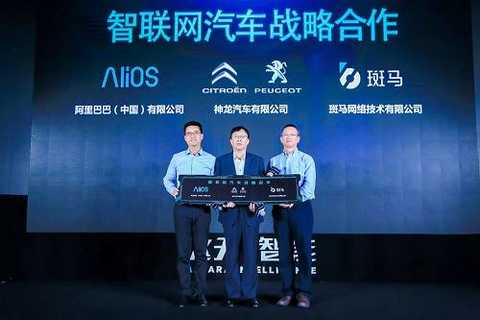
In addition to cooperation with Dongfeng Citroen, in 2016, Alibaba implanted AliOS into SAIC Motor and achieved 100% commercial use. At present, SAIC's 250,000 smart cars equipped with AliOS are already on the road, which is also the most commercially available smart car in the world. 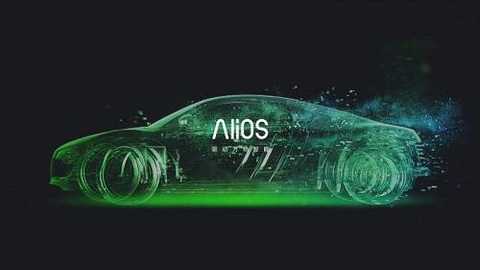
Alibaba's AliOS is targeted at large IoT products such as automotive, IoT devices and industrial equipment; the AliOS Things ultralight system is targeted at small IoT devices, only 1.9k in size. With these two IoT systems, AliOS can adapt to almost any product that wants to be intelligent and connected. 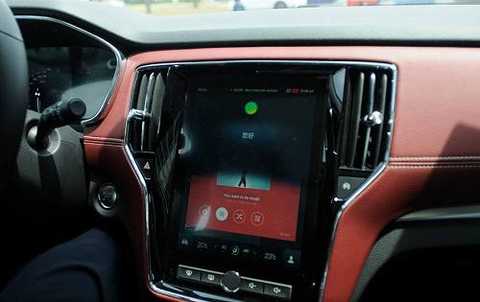
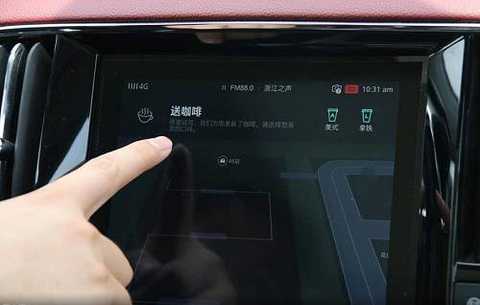
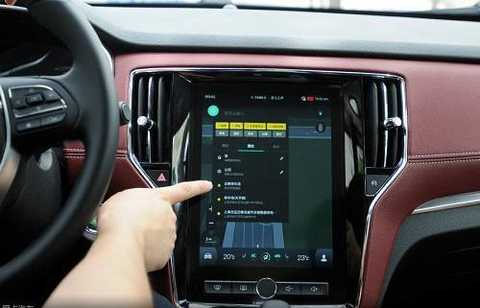
Dongfeng Citroen will be equipped with AliOS. What is the advantage of the Ali Internet of Things system compared to Microsoft and Google?